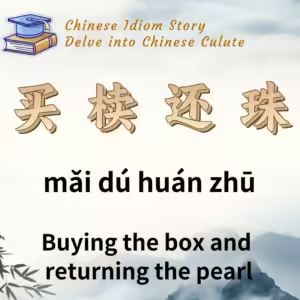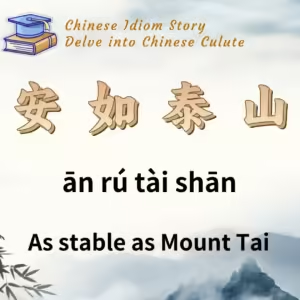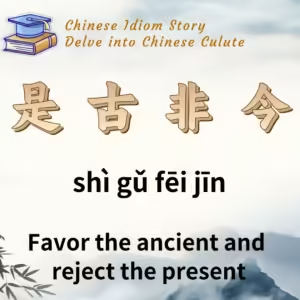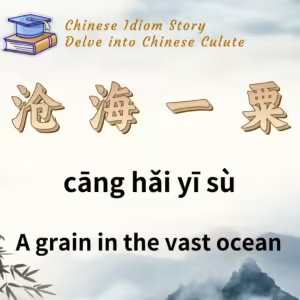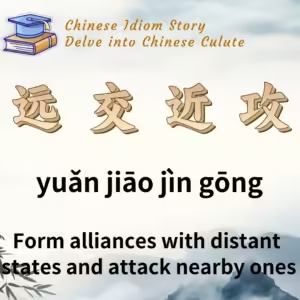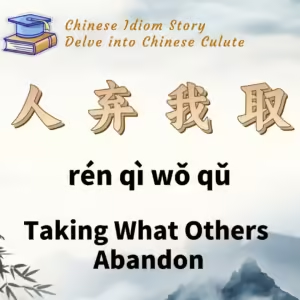
Chinese Idiom: 人弃我取 (Ren Qi Wo Qu)
English Translation: Taking What Others Abandon
pīn yīn: rén qì wǒ qǔ
Idiom Meaning: Originally meant that one picks up what others discard. Nowadays, it commonly signifies having interests or opinions different from others.
Historical Source: “Records of the Grand Historian” (Shǐjì) – “Biography of Merchants.”
Idiom Story: During the early Warring States period, the State of Wei appointed Li Kui as its prime minister. Li Kui implemented a series of reforms to strengthen the state, including a policy known as “Pinglai” (平来). This policy involved the state buying grain at a stable price during abundant years and selling it at the same price during shortages to stabilize the market. This strategy helped promote economic development and solidify Wei’s position as a strong power.
The success of Li Kui’s reforms inspired a merchant named Bai Gui. After careful consideration, Bai Gui devised a business strategy based on the principle of “人弃我取,人取我与” (taking what others abandon and giving what others seek).
This strategy was quite simple. Bai Gui would acquire items that others didn’t want, and sell items that were in high demand. For example, during harvest seasons, when the market was flooded with grain and prices were low, Bai Gui would buy large quantities of grain. At the same time, items like silk and lacquer, which were not in season, remained expensive. He would sell these high-demand goods at a profit.
When the season changed and silk became plentiful and cheap while grain prices rose, Bai Gui would shift his strategy. He would buy up the now-cheap silk and sell his previously bought grain at higher prices. By continuously buying low and selling high, he accumulated wealth and prospered.
Bai Gui’s approach exemplified the idiom “人弃我取,” reflecting his ability to identify and capitalize on market opportunities that others overlooked or did not recognize.

